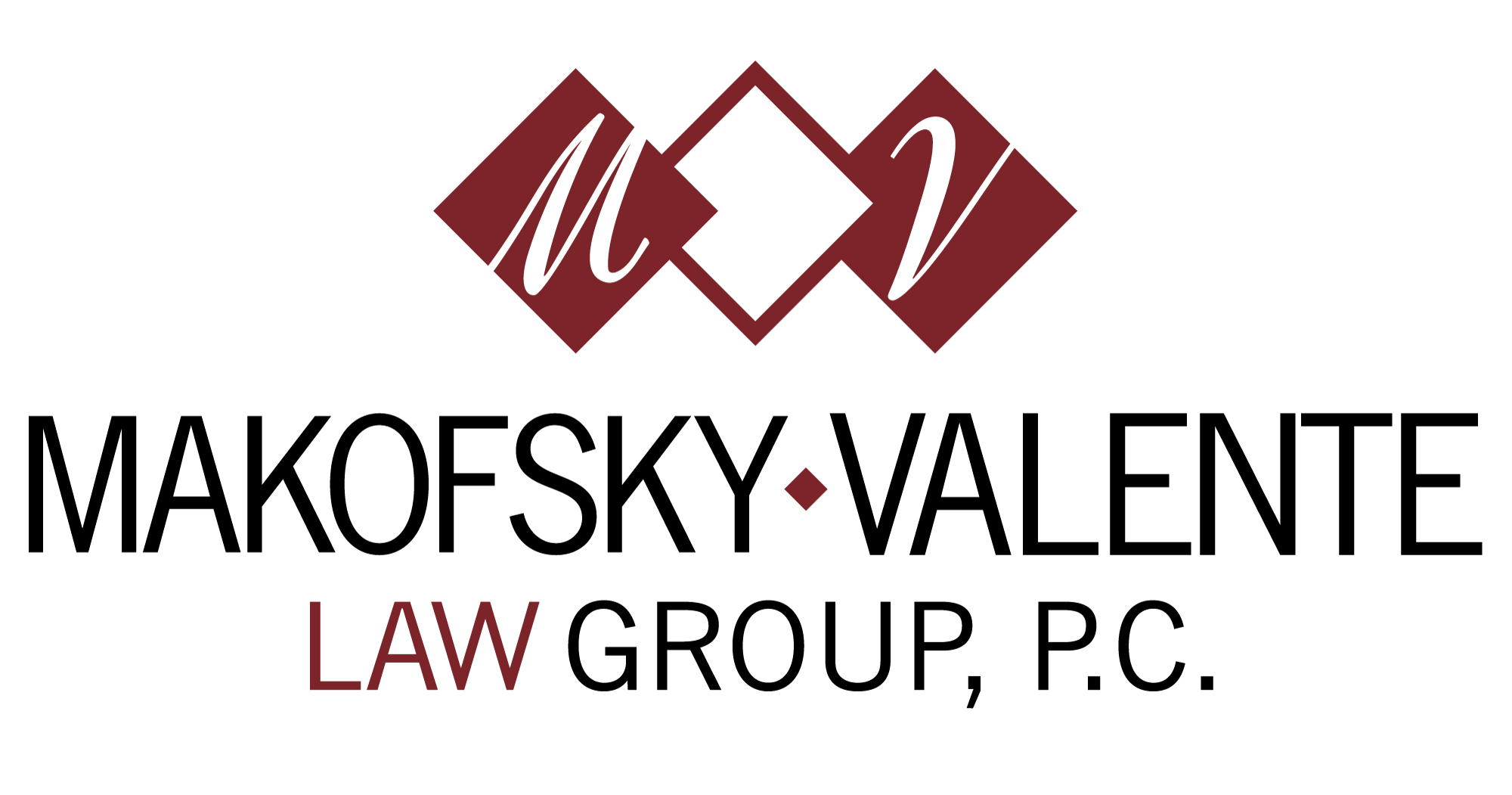What’s Best for Your Estate Planning Needs?
Taxes, unique family relationships and the complex needs of loved ones can complicate estate planning. Many people are confused about which options — wills or trusts — are best. Estate planning in New York, however, is intimately personal and should be tailored to each individual’s specific needs.
At Makofsky Valente Law Group, P.C., our founding lawyer is a Certified Elder Law Attorney with years of experience guiding individuals and families through the estate planning process. We believe in explaining the options and clearly identifying the advantages and disadvantages of each option. This understanding enables you to make informed decisions as you work closely with us to develop your estate planning strategy.
To schedule an appointment, call (516) 228-6522 or contact us online. Our estate planning and elder law office are located in Garden City, New York, and we serve Nassau County, the rest of Long Island, and the surrounding areas.
Wills Versus Trusts: Understand the Options
- Last will and testament: Most people understand the concept of a last will and testament — an instrument that allows you to name fiduciaries such as executors, trustees and guardians of minor children to execute the directions set out in your will and to be in charge after you are gone. A will identifies the beneficiaries to your estate and identifies whether the beneficiary receives the inheritance outright or in trust. Wills can include significant tax planning strategies and provides for an orderly administration of your estate. A will speaks at death, meaning that once a will is signed and witnessed it can be put away for safekeeping and nothing else needs to be done until your death when the document will be submitted to the court for probate.
- Trusts: Revocable Trusts are often used as an alternative to or in addition to a will. Revocable trusts provide for lifetime money management meaning that if you become incapacitated a named trustee can manage and distribute the assets owned by the trust for your benefit during your lifetime. At death, the trustee can distribute the assets owned by the trust directly to heirs according to instructions you make in the trust agreement without the necessity of probate. Learn more about other types of revocable and irrevocable trusts.
Benefits of Using a Trust Instead of a Will
When created and managed correctly, revocable trusts (also known as living trusts) can offer some benefits over the traditional last will and testament. Some of these benefits include:
- Avoidance of probate: A will must be validated by the court pursuant to a probate proceeding before the executor of the estate can gain control of your assets and make distributions to heirs per your instructions. Delays in probate can occur if the validity of the will is contested or if an individual is unmarried and has no children which means that more distant heirs of the deceased person must be found and notified before the probate process can proceed. In such situations, a trust is very useful and serves as a vehicle to avoid probate. Your assets are already under control of the trust and trustee. Therefore, the trustee can more quickly proceed with the administration of your estate per your instructions in the trust agreement (which can be modified at any time while you are still alive).
- Avoidance of probate in another state if you own real property outside of the state in which you reside: When an individual owns property in more than one state or outside of the United States, in order to transfer that property to the beneficiaries, the Executor must not only probate the will in the state where the deceased person resided but must also offer the will for ancillary probate in other jurisdictions where additional real property was owned by the decedent. This can be very time consuming and adds considerable expense to the probate process.
Benefits of Using a Will Instead of a Trust
Wills are simpler to manage because once created there is nothing else to do but store the document in a safe place. Trusts can be complicated because a trust can only provide for lifetime money management of those assets it owns and can only distribute at death those assets which were transferred into the trust before the decedent died. This means that every piece of real property owned by the creator of the trust must be re-deeded to reflect that the trustee of the trust owns the property and the ownership of individual bank and brokerage accounts must be retitled to the trust. When the trust is not fully funded and an individual dies owning assets in their own name, even though a trust exists, a probate proceeding will be necessary in order to distribute those non-trust assets to the beneficiaries.
Wills and Trusts Lawyers Serving Nassau, Suffolk, Queens, Brooklyn, Manhattan and Westchester County, NY
If you would like to learn more about wills and trusts or discuss your circumstances with a skilled Long Island estate planning attorney, contact Makofsky Valente Law Group, P.C. Call us today at (516) 228-6522 or contact us online.
CALL US FOR PEACE OF MIND TODAY
PHONE: (516) 228-6522
FAX: (516) 228-6525
OFFICE
600 OLD COUNTRY ROAD - SUITE 444 GARDEN CITY, NEW YORK 11530-2009
HOURS
MONDAY-FRIDAY 9AM-5PM
SATURDAY & SUNDAY CLOSED
SE FALA PORTUGUÊS
HOW CAN WE HELP?

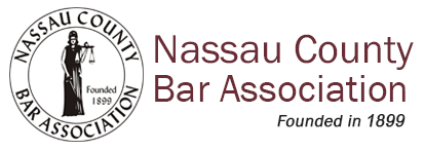
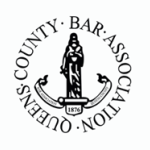


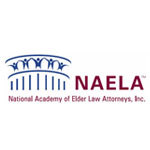
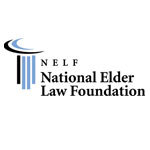



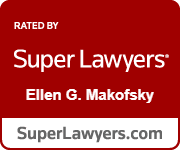
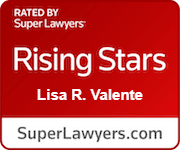
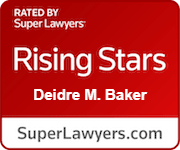
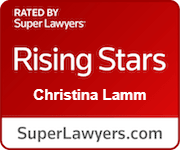
LOCATED IN GARDEN CITY, NEW YORK, Makofsky Valente Law Group, P.C. (formerly Makofsky Law Group, P.C. formerly Makofsky & Associates, P.C. formerly Raskin & Makofsky, LLP) HAS SERVED CLIENTS IN AREAS INCLUDING LONG ISLAND, NEW YORK CITY, MANHATTAN, QUEENS, BROOKLYN, BRONX, WHITE PLAINS, MINEOLA, HEMPSTEAD, LEVITTOWN, MASSAPEQUA, BETHPAGE, SYOSSET, OYSTER BAY, GLEN COVE, PORT WASHINGTON, MANHASSET, GREAT NECK, WOODMERE, VALLEY STREAM, ELMONT, FLORAL PARK, FLUSHING, KEW GARDENS AND FOREST HILLS, NEW HYDE PARK, EAST MEADOW, PLAINVIEW, Merrick, Westbury, Long Beach, Oceanside, Franklin Square, Huntington and Rockville Centre.
Attorney Advertising: Information contained in this website may be considered attorney advertising. The information you obtain at this site is not, nor is it intended to be, legal advice. You should consult an attorney for advice regarding your individual situation. We invite you to contact us and welcome your calls, letters and electronic mail. Contacting us does not create an attorney-client relationship. Please do not send any confidential information to us until such time as an attorney-client relationship has been established.
*Certified as an Elder Law Attorney by the National Elder Law Foundation as approved by the American Bar Association. Certification is not required for the practice of law in the State of New York.
